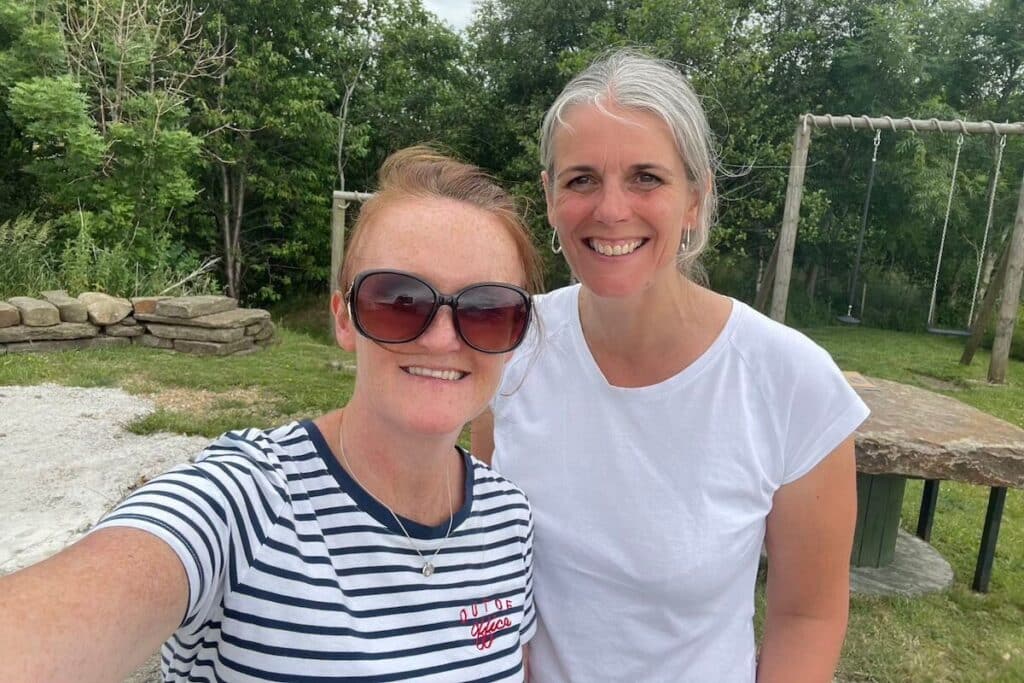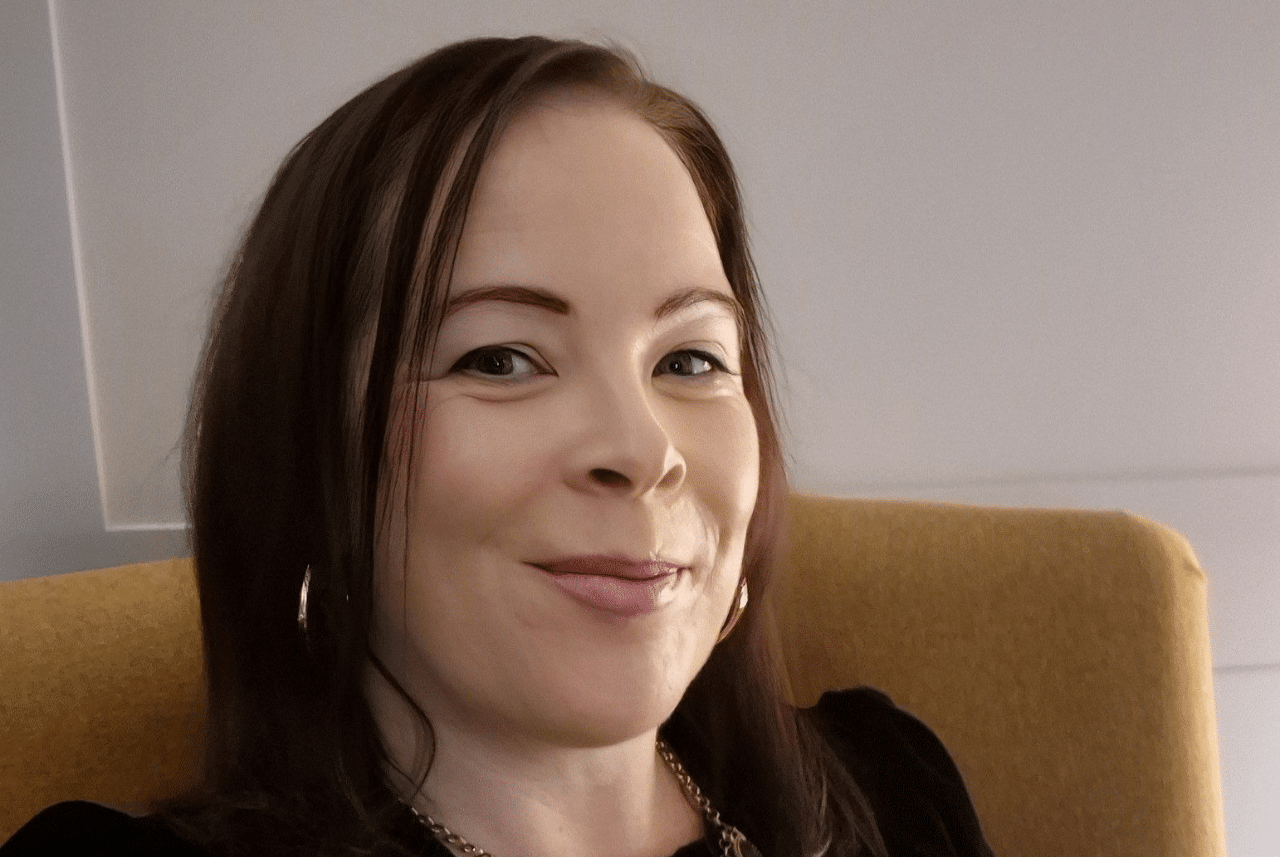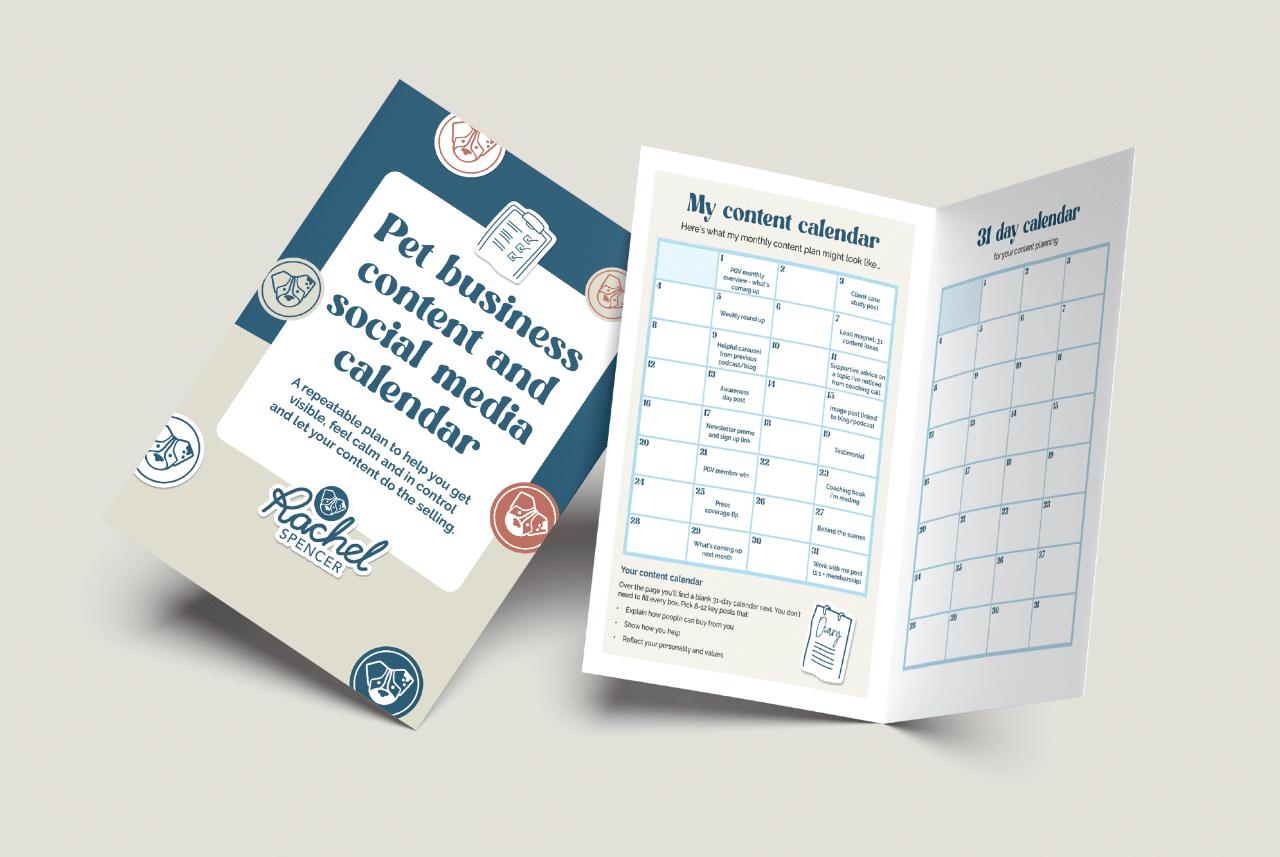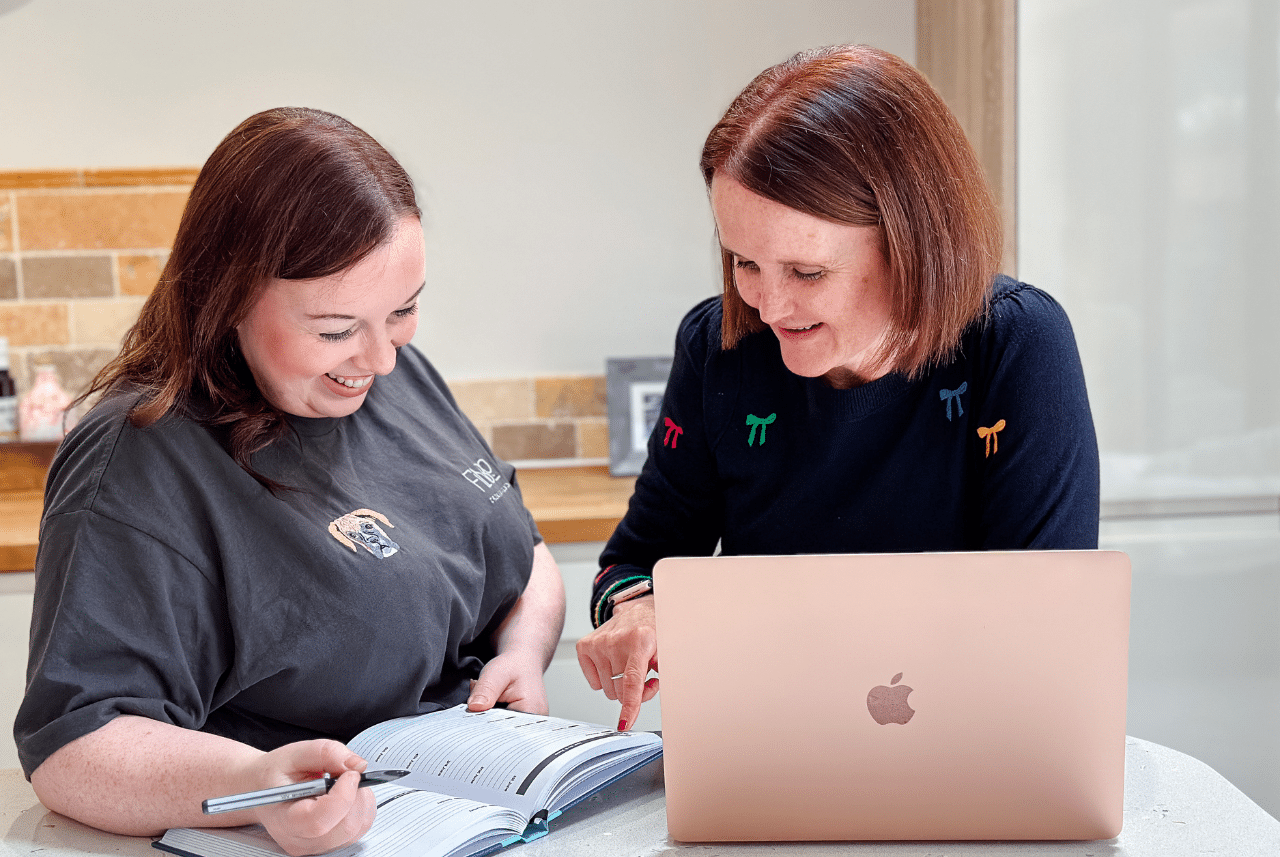ILM Level 7 | 300+ podcast episodes | Featured in national press | PIF member
Why would you train to be a coach? In this post I’m going to explain the reasons why I decided to be an ILM Level 7 accredited pet business coach.
I’m Rachel Spencer, a national newspaper journalist and coach based in the UK and I know there is a lot of eye rolling around coaching and I can see why.
These days, you can find a coach for almost anything… decluttering, giving up alcohol, spirituality, even whistling.
But when I hear the mickey taking about the coaching industry, it does make me feel thankful that I have made the choice to become a qualified, accredited coach.
In 2021 when I decided to train, I had a successful online business, and I could have easily carried on without the formal bit.
But it comes down to this: if you’re going to support people properly, especially when emotions are involved, you need to know what you’re doing.
From journalist to mentor… to coach
I didn’t set out to become a coach and like many. I used to scoff at the thought of having a ‘life coach.’ It sounded very grand and not very me!
I started my career as a journalist, and after 20 years in the industry, 15 of them as a freelance, I found it was getting harder and harder to make a living.
So, I took a qualification in digital marketing through Squared Online in 2016 and started learning about blogging, online media and social media.
In 2017, I launched a pet blog, with the idea being it could help me connect with pet brands who might want my support with writing about their work.
But it was press coverage they wanted to know about, so in 2018, I wrote a book Publicity Tips for Pet Businesses, and I thought people would buy that.
How the book grew into a coaching business
Lucky for me, they wanted more support, and my current business came about in 2019, showing small business owners in the pet industry how to get press coverage.
I knew how to write stories, pitch them, and build relationships with journalists. And I loved teaching others how to do the same.
As my business evolved, I started noticing that the biggest barriers people faced were around emotions.
I could show them how to create a pitch or story and how to find places and people to approach.
But things like confidence, self doubt, imposter syndrome and feeling overwhelmed were common things that came up and I didn’t feel equipped to deal with them.
While I had empathy and experience when it came to storytelling, I wanted to make sure I was supporting them in a way that was ethical, safe and truly helpful.
That’s when I decided to train as a coach.
The first step into coaching with ILM Level 5 in Coaching and Mentoring
In 2021, I signed up for the ILM Level 5 Coaching and Mentoring qualification with Claire Bradshaw.
At the time, I was mentoring people on visibility and publicity – something I’ve got decades of experience in. But coaching is different to mentoring.
These definitions are taken from Excellence in Coaching by Jonathan Passmore.
Coaching: “The focus of coaching is about enhancing performance. In this sense, executive and personal coaching are similar to sports coaching. As a result, a key feature of coaching is behaviour, supported by cognition and motivation.”
Mentoring: “Mentoring, while having similarities to coaching, is fundamentally different. A mentor has experience in a particular field and imparts specific knowledge, acting as adviser, counsellor, guide, or teacher. In contrast, the coach’s role is not to advise but to assist coachees in uncovering their own knowledge and skills and to facilitate coachees in becoming their own advisers.”
This is a simple comparison using driving a car as a metaphor:
- A mentor will share tips from his or her own experience of driving cars.
- A coach will encourage and support you in driving a car.
Taking ILM Level 5 taught me about coaching models, person-centred approaches, and ethical practice.
It taught me how to create an environment where people could pause, think clearly about what they wanted, and feel supported in working out their next steps.
And most importantly, how to do that without giving advice or steering the conversation too much.
This is more ‘coaching’ than ‘mentoring,’ and it took a while for me to get comfortable with coaching.
Growing and developing as a coach with ILM Level 7
After qualifying at Level 5, I wanted to build on what I’d learned.
So in 2024, I started the ILM Level 7 Executive and Senior Level Coaching and Mentoring qualification, investing around £5,000 in the course and many books!
This is an internationally recognised programme for coaches who work with senior leaders, and it’s designed to help you build and develop your skills at level.
Now, I don’t coach inside organisations – but as a business owner, you’re classed as a senior leader or manager in the eyes of the ILM.
When I asked Claire about this, she reassured me that the work I do absolutely qualifies.
My case study clients for my Level 7 assignment included:
- A senior leader working inside an organisation
- A business owner who runs large online communities
- A fellow coach with experience in organisational settings
These are the kinds of people I support day to day.
And alongside my coaching work, I’m also a non-executive director in another business, which gives me insight into organisational structure and being on a board.
I’ll be honest, it was very ‘Bridget Jones,’ at my first board meeting but I’ve settled in now, and am aware of what I bring to the table, and this is experience I can draw on when supporting my clients.
To complete the ILM Level 7 qualification, I had to:
Deliver over 20 hours of coaching, all of which was documented, reviewed and scrutinised
Submit three in-depth written assignments, including a personal development plan and a critical evaluation of my coaching practice
Engage in ongoing reflective practice and professional supervision
It was a big commitment and gave me the confidence and skills to support clients with leadership, mindset, and visibility challenges at a much deeper level.
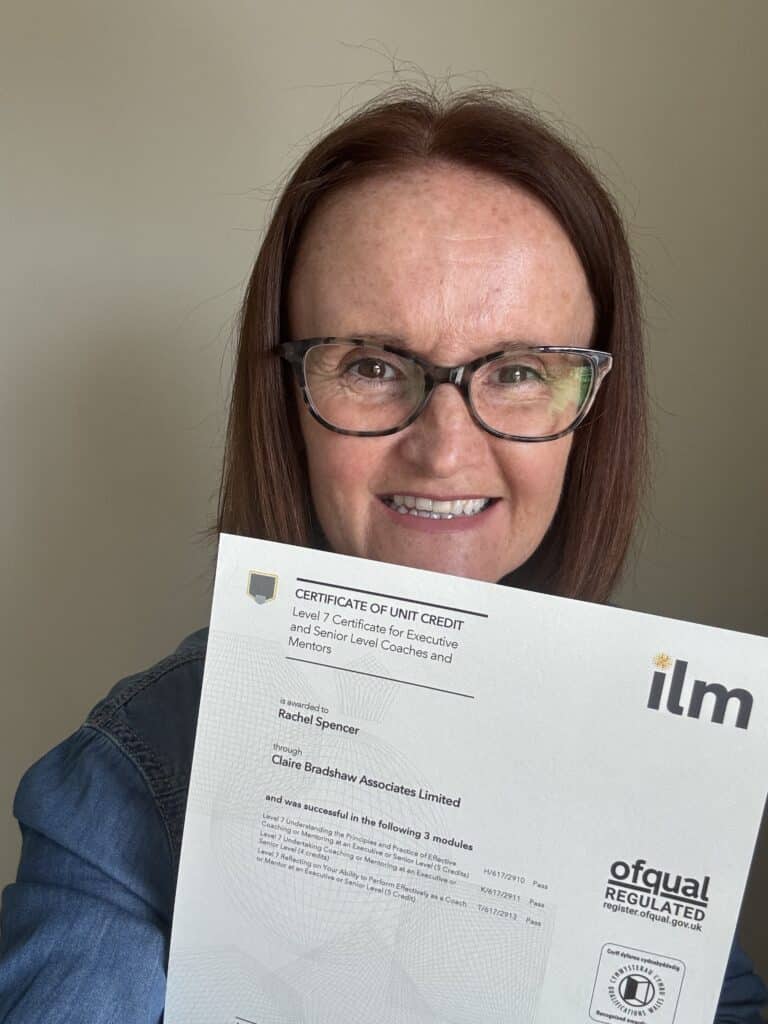
My coaching approach
Coaching isn’t about telling people what to do. It’s about providing a safe and structured environment where they can think clearly, feel heard, and build confidence in their decisions.
Here’s an overview of what my approach looks like:
- A blend of formal training and practical experience – over 20 years in journalism, PR, blogging, podcasting and mentoring, combined with accredited coaching qualifications
- A toolkit of coaching models including the GROW model, Nancy Kline’s Thinking Environment, Solutions-Focused Coaching, and Person-Centred Coaching
- A commitment to ongoing development – I attend regular peer supervision, read both in-depth coaching texts and popular personal development books, and stay up to date through podcasts like The Coaching Crowd, The Business of Psychology Podcast, Mel Robbins, and The Life of Bryony
- Supervision and self-questioning to ensure my practice remains ethical, appropriate and client-led. After every session, I reflect: Did I apply the right model? Did I serve this client well? What can I improve?
I also bring in mentoring where it’s appropriate – especially around visibility and media and what I’ve learned from running my other business.
I have a dog friendly holiday cottage, Sunnyside Cottage in Robin Hood’s Bay, and I do everything there from social media and PR to making up welcome packs and scrubbing the toilet.
Clients value the practical tools and knowledge I can offer from my own experience, as well as the emotional support.
What kind of coach do you need?
When I started my online business, I had coaching and mentoring from Janet Murray. She didn’t have formal coaching qualifications, but she was exactly what I needed.
She’d been a journalist like me but on prestigious titles like The Guardian, and she had built a business educating people around marketing and PR and she’d been a teacher too.
There is nothing wrong with working with a coach who isn’t a qualified or accredited coach.
Sometimes the right coach for you is the one who gets where you are and has walked a similar path.
If you’re a dog trainer, for example, working with a coach who’s been a dog trainer might be what you need, even if they’re not formally trained.
Or, you may see working with someone who knows the ins and outs of your role as having the curse of knowledge and prefer an outsider’s perspective.
You might be facing challenges that are less about what to do, and more about how you feel about doing it.
That’s where someone like me can come in – someone with formal coaching training, reflective practice, supervision, and experience in business and visibility.
Deciding whether accreditation matters to you
There are lots of people out there calling themselves coaches. I’m not here to judge.
But if you’re someone who values professional training, psychological and emotional safety, and a coaching environment that’s about you then it’s worth knowing the difference.
I’m proud to be one of very few accredited and qualified pet business coaches in the UK – the other being the brilliant Sasha Louise Smith, who I’ve interviewed on the podcast.
Sasha works primarily with dog trainers and neurodivergent business owners, and I highly recommend checking her out too.
Listen to her interview here and you’ll find links to her website and social media accounts.
Final thoughts on the coaching industry
Before choosing a coach, ask yourself:
- Does it matter to me whether they’re qualified or accredited?
- Do I want strategic advice, emotional support – or both?
- Is experience in my industry important to me?
- Do I want someone to show me how they did it, or help me work out what’s right for me?
You don’t need a certificate to call yourself a coach. But for me, it mattered.
Because I care massively about doing this properly – about helping people not just with tactics and to-do lists, but with confidence, clarity and a sense of possibility.
If you’re thinking about working with a coach and that sort of support resonates with you, I’d love to have a chat.
Fill in the application form here and let’s chat.
And if you’re looking for group support, I bring my coaching skills into Pets Get Visible, and that’s just £45 a month to join.
Further reading
How to choose the right pet business coach – 3 styles to consider
How much does pet business coaching cost
Different types of coaching for different stages of your pet business

